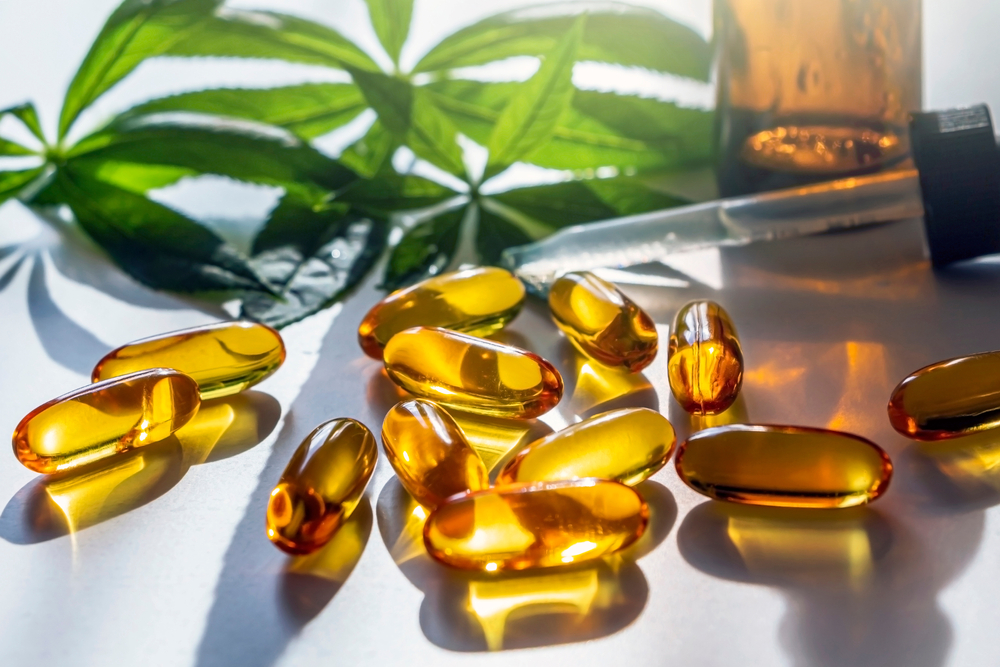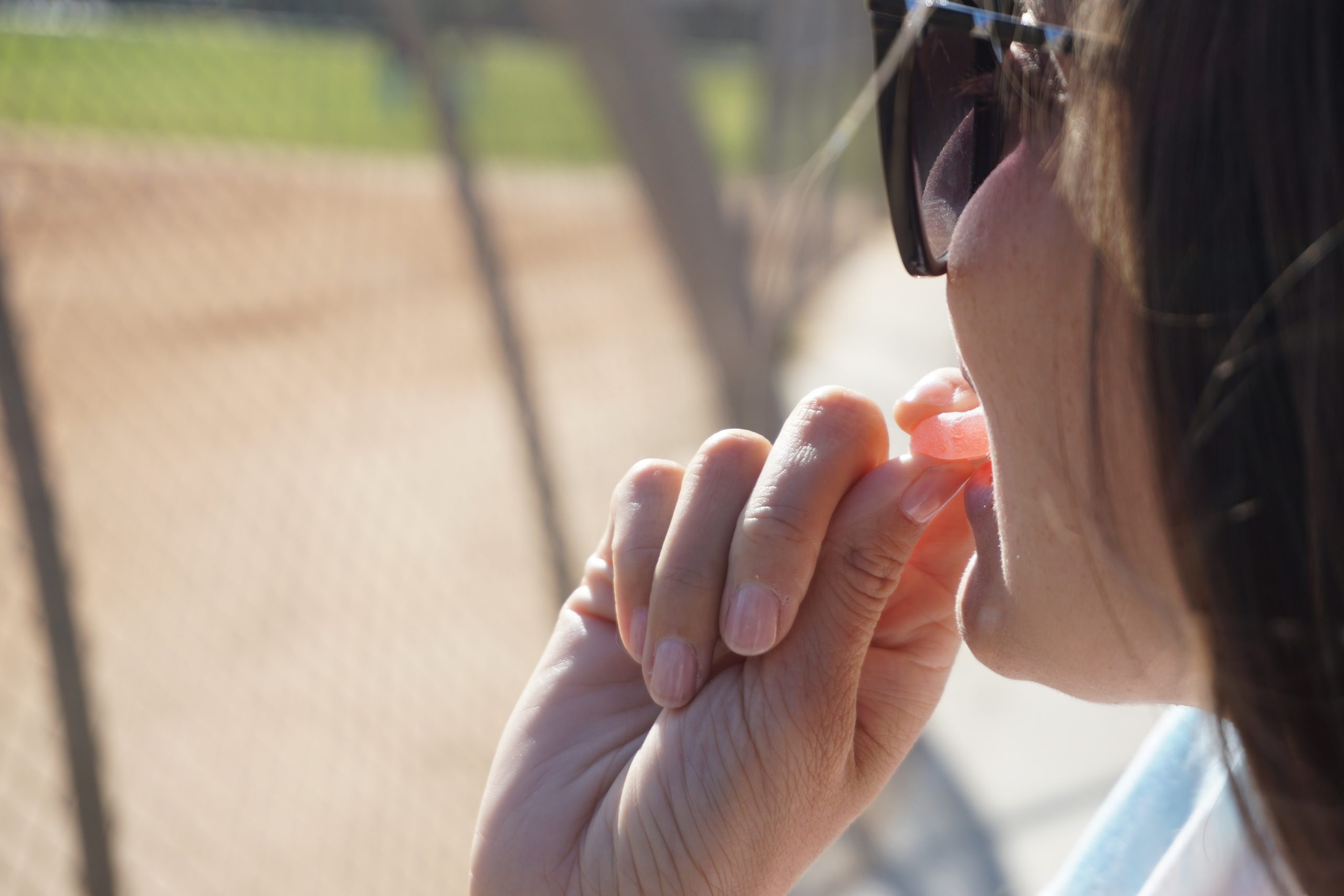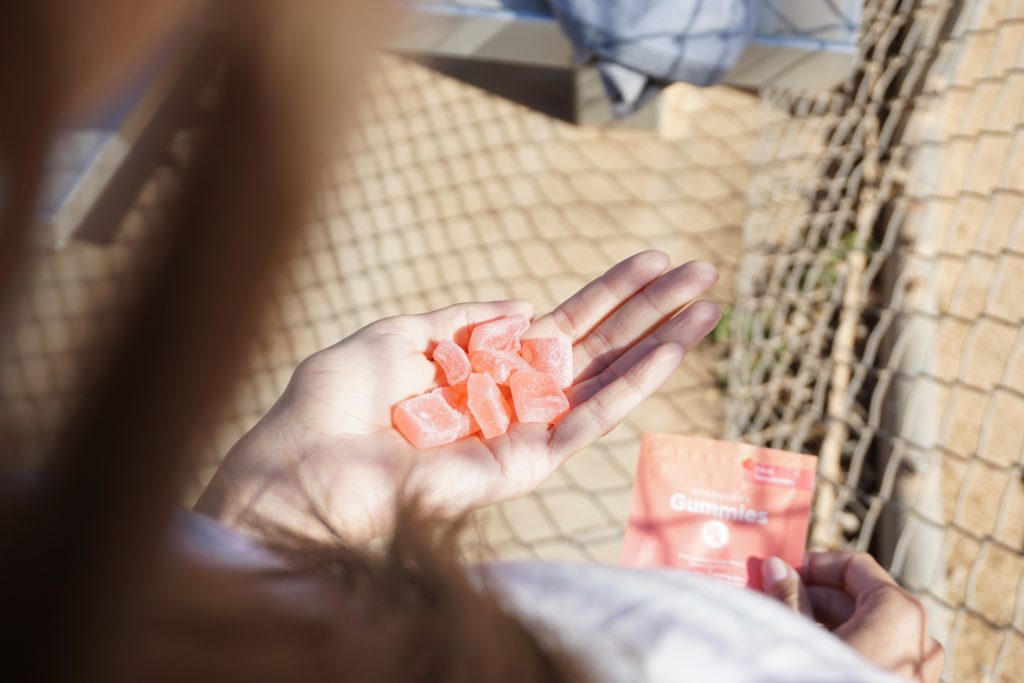Cannabis
Why Don’t Edibles Get Me High? 3 Potential Reasons
Have you ever wondered to yourself, “why don’t edibles get me high?” If so, you aren’t alone!
While you may think that edibles “just don’t work for you,” or you “just haven’t taken enough,” there are several reasons behind why you may not be feeling the effects of marijuana edibles as potently as you would like.
Right from the jump, it’s doubtful that users will not get high at all after ingesting an edible. However, there may be instances with novice users who don’t get high following vaping or smoking for the first time because they aren’t aware of what being high actually feels like.
That said, in the context of cannabis edibles, if you were to take, say, a 5mg edible and not feel anything, there are other physiological and biological elements at play that are contributing to your lack of prominent effects.
In other words, no two tokers are created equally, and various elements within an individual’s specific body may impact the overall edible experience even if all bodies initially process them the same way.
Are you confused? Excellent! What better place to start!
Today, we’re going to get to the bottom of the intricacies of this cannabis consumption method to determine why the effects of edibles may present differently, depending on the user, and how the unique physicality of the individual blazer plays a crucial role in the diverse outcomes they can produce.
We have a lot of things to discuss, so let’s dive right in!
How do Cannabis Edibles Work?
We’re glad you asked! First, the way your body absorbs THC from marijuana edibles is vastly different from other cannabis consumption methods, like smoking or vaping.
In other words, since these more conventional techniques involve inhaling cannabis smoke or vapour, they enter the lungs very quickly before being processed by tiny air sacs called alveoli and eventually entering the bloodstream.
This expedited process is why you feel the effects of smoking or vaping cannabis that much sooner, almost immediately, than edibles. These interactions also heavily rely on the individual user’s endocannabinoid system, with no two systems being the same.
Just like snowflakes, we’re all unique and special in our own ways, and our endocannabinoid systems are no different!
That said, when it comes to how long edibles last compared to how long weed lasts, the effects themselves extend for far longer periods than smoking or vaping, which typically produce highs lasting between 1 to 2 hours.
This distinction is because, when ingesting edibles, the body must break the THC inside them down into an entirely different substance called 11-Hydroxy-THC or 11-OH-THC, which is far more potent and up to 10 times stronger than regular THC.
In this way, 11-Hydroxy-THC produces more intense effects on the various functions facilitated by the endocannabinoid system.
This conversion is necessary because, unlike smoking, where you inhale through your lungs, the cannabinoids, terpenes, and other compounds present in marijuana edibles must pass through the stomach and digestive tract, where they undergo a process called the first-pass metabolism.
Then, the various compounds are broken down into a byproduct of metabolized THC, 11-Hydroxy-THC, inside the liver before entering the bloodstream and producing their effects.
What’s the Difference Between 11-Hydroxy-THC and Regular THC?

As we highlighted above, 11-hydroxy-THC is far more potent and produces stronger effects than its cannabis counterpart, THC. This potency is why some people quickly realize why ingesting edibles hit that much harder than smoking standard cannabis flower.
After all, 10 times the potency of regular THC is a massive difference!
So, why is 11-Hydroxy THC so much stronger?
Essentially, once the THC converts to 11-Hydroxy-THC by the liver and enters the bloodstream, it moseys on over to the brain, where it has an enhanced ability to cross the blood-brain barrier.
If that last term confused you, don’t sweat it.
Basically, the blood-brain barrier is the bodyguard of the brain responsible for determining which compounds are allowed to enter. Since 11-Hydroxy-THC is so much stronger than regular THC, edibles whose compounds have been converted to 11-OH-THC are far more likely to produce effects with a massive amount of force behind them.
In this way, the absorption rate by the body is extended because edible cannabis and the compounds within it must be digested in the stomach and metabolized by the liver before producing their effects.
That said, as every endocannabinoid system is different and factors such as physicality and other biological processes have a heavy hand to play, no two users will react to edibles in the exact same way.
So, Why Don’t Edibles Get Me High?
Weed is an elusive and tricky mistress, and she likes to keep the magic in the mystery alive. In this way, as we said above, marijuana edibles will produce varying effects depending on the individual user.
Below, we’ll outline why some users don’t feel the effects and may have different experiences with edibles than others.
The Particular Pot-Related Product
Luckily for all users, there is no one-size-fits-all when it comes to types of edibles.
Whether you’re a sweet tooth that loves chocolate, brownies, cookies, and gummies, or you’d rather indulge in a weed-infused beverage or tincture, there’s something to suit every palate!
However, the type of edible you ingest will directly impact how significantly you experience or don’t experience its effects. For example, a cookie or gummy will take longer in terms of onset time than if you were to ingest a tincture sublingually (under the tongue), which significantly cuts the time.
In this sense, many users, especially those in the medical marijuana community, prefer tinctures because they are more fast-acting and supply more prominently noticeable effects.
However, depending on the particular dosage level, it doesn’t necessarily mean that a tincture will supply the same effects as ingesting a full marijuana edible.
Individual Metabolism

As we’ve described throughout this article, the way your body breaks down edibles is far different than if you were to smoke or vape your weed. Namely, you have to digest edibles to reap the benefits of their effects.
If you want to be more precise, your liver has to metabolize an edible before the THC can enter your bloodstream, which is a process distinct to every specific body and user. Much like endocannabinoid systems, metabolisms are inherently unique to the individual.
Additionally, the specific enzymes in your liver are pivotal in determining your body’s particular reaction to the various cannabinoids in cannabis and weed-infused edibles. Higher or lower amounts of these enzymes will serve to speed up or slow down your overall metabolism and metabolic rate.
So, the higher your metabolism, the more likely you are to experience the effects of edibles faster than if you were to have a slower metabolism.
Ingesting Edibles on an Empty Stomach
Consuming cannabis, specifically THC, on an empty stomach is likely to cause the effects to hit harder and faster than if you were to eat before your sesh.
So, even if you don’t feel particularly ‘high’ initially, consuming edibles on an empty stomach will likely cause the effects to feel stronger. In this way, if you’re a novice toker or sensitive to the effects of THC, it’s recommended to eat a decent-sized meal and drink plenty of water before ingesting an edible.
Eating ahead of time will help slow your body’s absorption rate and prevent it from becoming too overstimulated by THC.
Why Don’t Edibles Get Me High? The Magic of Marijuana Edibles
As we’ve outlined throughout this article, there are so many different moving parts regarding ingesting, digesting and absorbing marijuana edibles, with no two bodies reacting to them in the same exact way.
It’s unlikely that edibles won’t get you high at all, even if you don’t feel like you’re experiencing the effects to their fullest potential. However, they are more effective for some than others.
Several factors may impact your experience, such as eating before ingesting edibles, the particular edible product, and physiological impacts, such as individual metabolism.
All these elements together or separately may play a role in determining how your body will react to edibles, which effects will arise, and how prominently users will feel them.
It may take some experimentation with doses and products to determine which edible items work best for you, but that’s all part of the fun.
Stay safe, and bon (or should we say bud) appétit!

